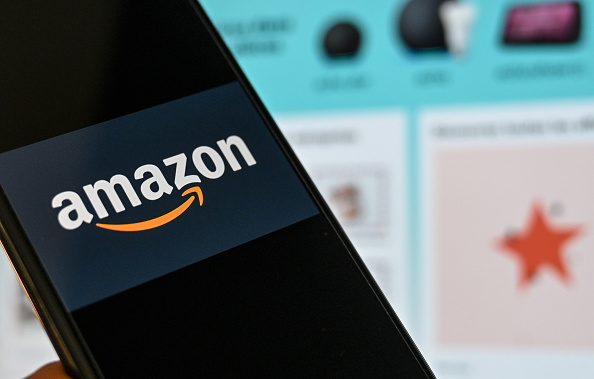‘Understand what data you have and where it resides. Excel spreadsheets are one of the most common repositories for customer data. This can be great in terms of arranging data in columns, but it’s nowhere near anything like what you will need to exploit customer data to the maximum,’ believes Jason Nash, UK head of CRM at Microsoft.
Prioritise your aims
To make the best use of your customer data, decide from the outset what you are looking to achieve. Turning your customer data into a loyal customer base is as much about getting your goals right as it is about choosing the right product. Your aims could be any, or all of the following:
- Preventing customer churn
- Acquiring new customers
- Customer satisfaction
- Enhancing customer experience
‘Whoever has the best data on their customers has the best competitive advantage. You can use this data to spot patterns amongst your customers. For example, you can predict future purchases, enabling you to sell more to existing customers,’ comments Lazar Dzamic of Underwired, a website design agency which specialises in e-CRM programmes.
Kelly McMillan, public sector specialist at Mitel, which specialises in IP-based (internet protocol) communications, believes that an effective data management system can help from many important perspectives.
‘On the one hand, it helps us to track leads, and to identify customer buying trends. We also use customer data to enable us to make more consistent projections across our supply chain. Many companies can carry too much inventory, which can affect liquidity. We need to keep track of our sales and budgets to ensure we have the right amount of stock in place,’ asserts McMillan.
Implementing a system
‘Whatever system you choose, ensure you make it available to pretty much everyone in your organisation. Too often, CRM systems are just rolled out to sales and you may be missing other opportunities across the organisation where you can gather data to build customer loyalty. In order to get as much insight as possible, everyone should have an input,’ believes Microsoft’s Nash.
Lastly, it may sound simple, but one of the crucial things that businesses fail to do is to gather all their sources of data together and to sift through it meticulously. ‘It’s not uncommon to have 30-40 databases with various types of customer information. You need to amalgamate, streamline and clean all your data. If you leave rubbish data in any system, you will get rubbish data out,’ stresses Nash.
Ideally, you should implement a pilot data management system, and trial it for at least six months. This will give you the opportunity to see if any changes need to be made, so you can avoid falling into the trap of heavily customising your systems too early.
Creating customer loyalty – top tips
- Make sure all your customer-facing employees have access to regularly updated information
- Draw up guidelines and standards that can be used whenever customers contact you
- If you are implementing a data management system, trial it for a fixed time
- Put some success metrics in place so you can measure whether your objectives are met
Capturing customer information
Jeffery Epstein is founder and managing director of World Media Publishing, which publishes products such as the Best Loved Hotels Guide. The business originally used an Access database to store customer data, but following an MBO of the company (led by Esptein) in 1999, a more substantial solution was needed to facilitate growth.
The business now implements Maximizer, a customer relationship management system that has not only improved World Media’s relationships with each hotel, but has also streamlined World Media’s accounts and its dealings with suppliers. In addition, Maximizer is used to send out a monthly email magazine to a database of potential hotel visitors.
‘We are now building a database of individual and corporate users who enquire via our website. We capture information which is automatically stored in Maximizer, allowing us to use these details immediately for our marketing campaigns,’ comments Epstein.
He believes that the business has benefited from improved accuracy across all its publications, as all information is kept up to date and derived from a central database. But he admits that occasionally, ‘things do go wrong, data goes awry and servers go down,’ and he recommends working with a good CRM consultant and making changes in a controlled environment.
‘To get the most out of IT and make it really work for you, you have to have good technical advice. Without this system, I would have to employ two or three more people, which is a significant overhead,’ asserts Epstein.




